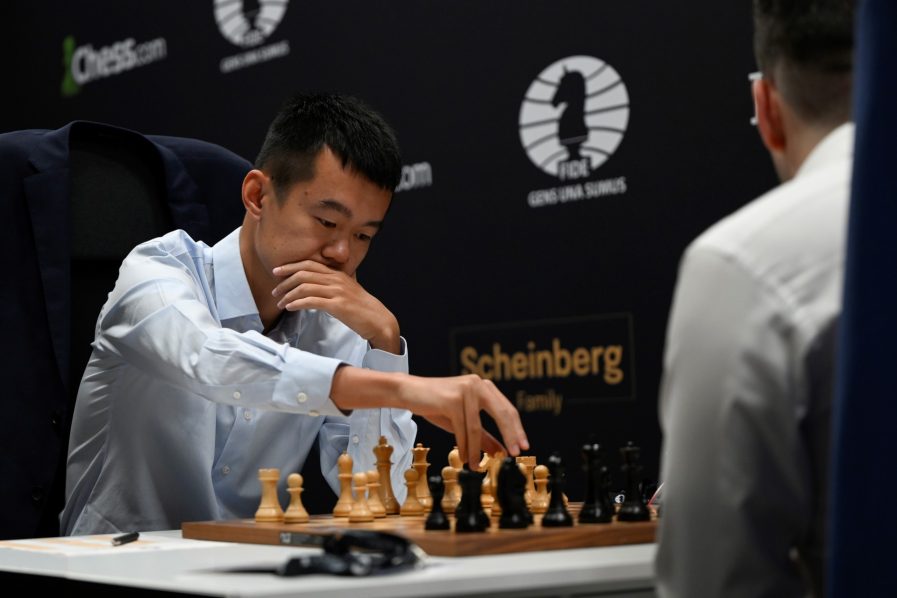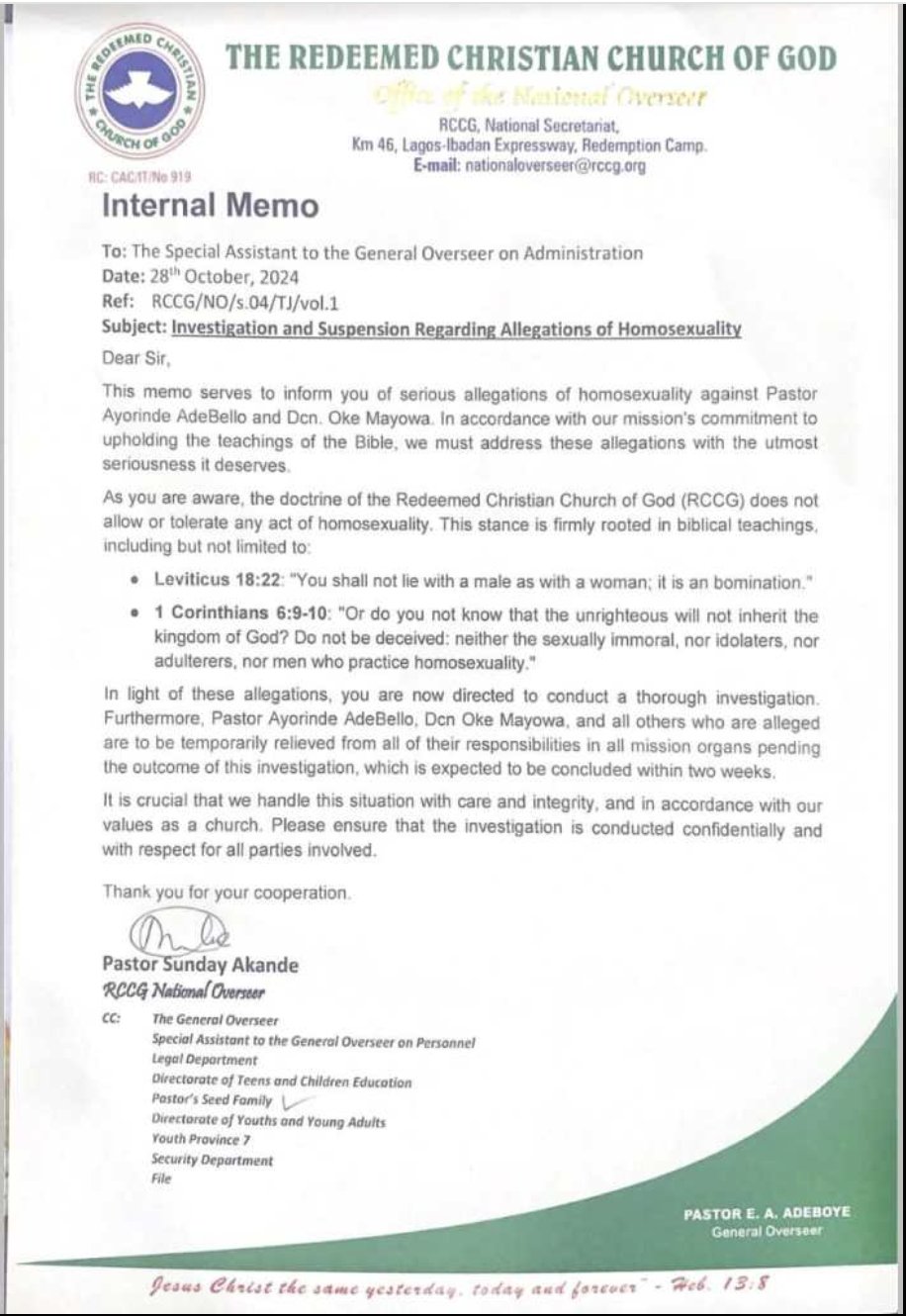
On Sunday in Kazakhstan, Ding Liren won the World Chess Championship and became China's first-ever world chess champion, following a triumph in the rapid-play tie-break against Russia's Ian Nepomniachtchi. The 30-year-old chess player replaces Magnus Carlsen of Norway, who opted not to defend his title after a 10-year domination.
After playing 14 games in the first stage of the tournament held in Astana, Kazakhstan's capital city, Ding Liren and Nepomniachtchi both scored seven points. Among these games, each player won three, while the remaining eight games concluded in draws.
In Astana, the match moved on to the tie-break stage, during which the competitors had to play with time constraints of only 25 minutes to make their moves, with an extra 10 seconds added for each move. Ding Liren has a better rating than Nepomniachtchi in quicker chess formats, but he had not participated in many official competitions featuring rapid-play or blitz chess since January 2020.
Magnus Carlsen, widely regarded as one of the best chess players ever, had been the World Chess Championship titleholder since 2013 and will continue to be the highest-rated player worldwide. If the match had concluded in the initial 14-game series, the two-million-euro ($2.2-million) prize would have been distributed with a 60-40 split between the winner and the runner-up. However, since the match advanced to the tiebreak stage, the prize money will now be split 55-45.
Prior to this victory, no player from China had ever won the competition, which allows both men and women to compete. However, China has been a powerhouse in women's tournaments since the 1990s. Ju Wenjun, the current world champion in women's chess, will defend her title against fellow Chinese player Lei Tingjie in July. The match on Saturday between Ding Liren and Ian Nepomniachtchi served as a reminder that at this level, chess is not only a mental battle but also a test of nerves.
Under the weight of pressure, both players appeared to make untypical mistakes and failed to capitalize on each other's blunders. Nepomniachtchi exerted significant pressure to transform a minor advantage into a victory, but he ultimately had to accept a draw. This game was the most extended game of the competition, stretching over six and a half hours, with 90 moves played.









Leave a comment